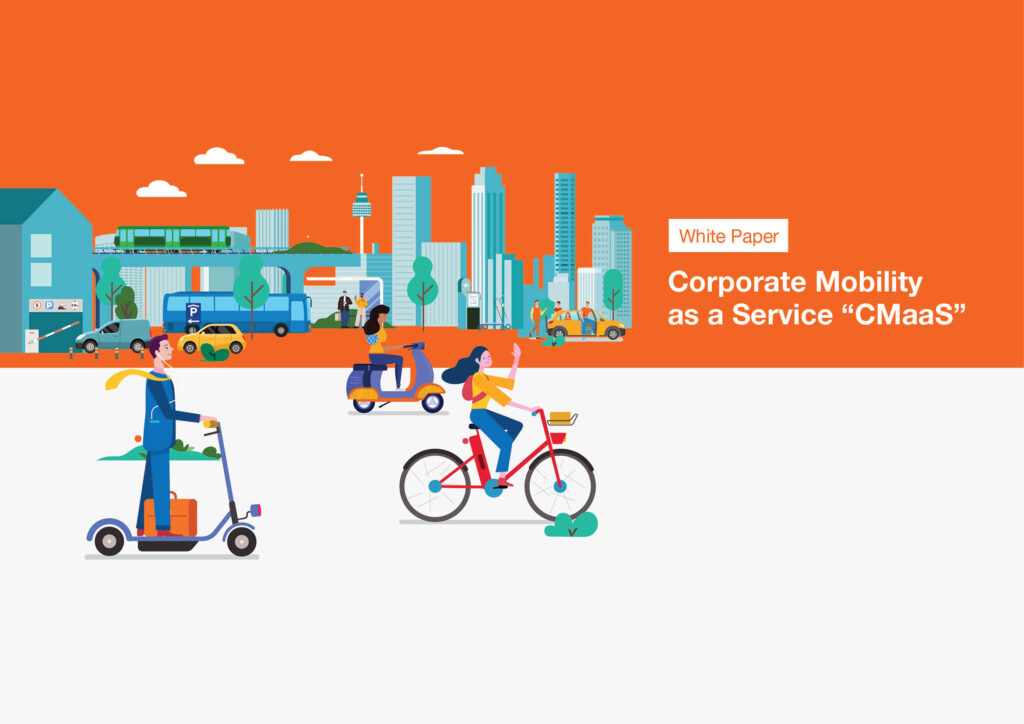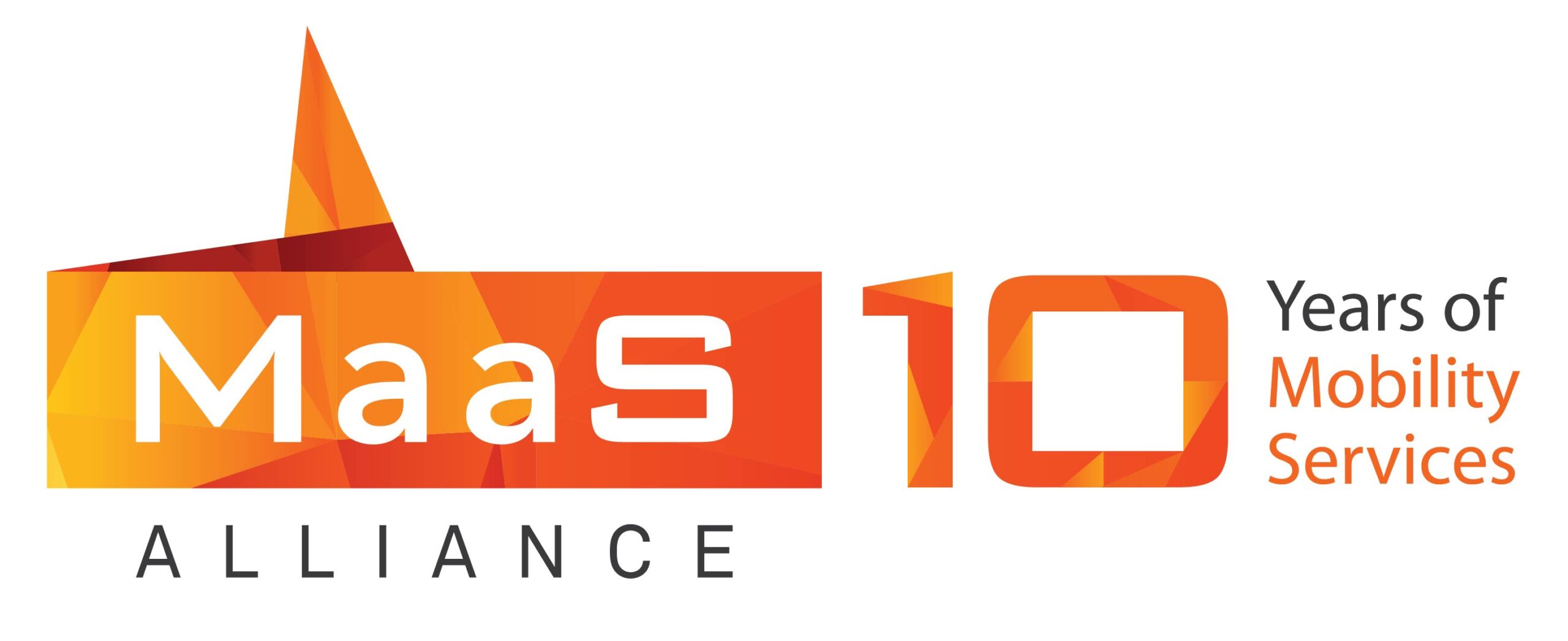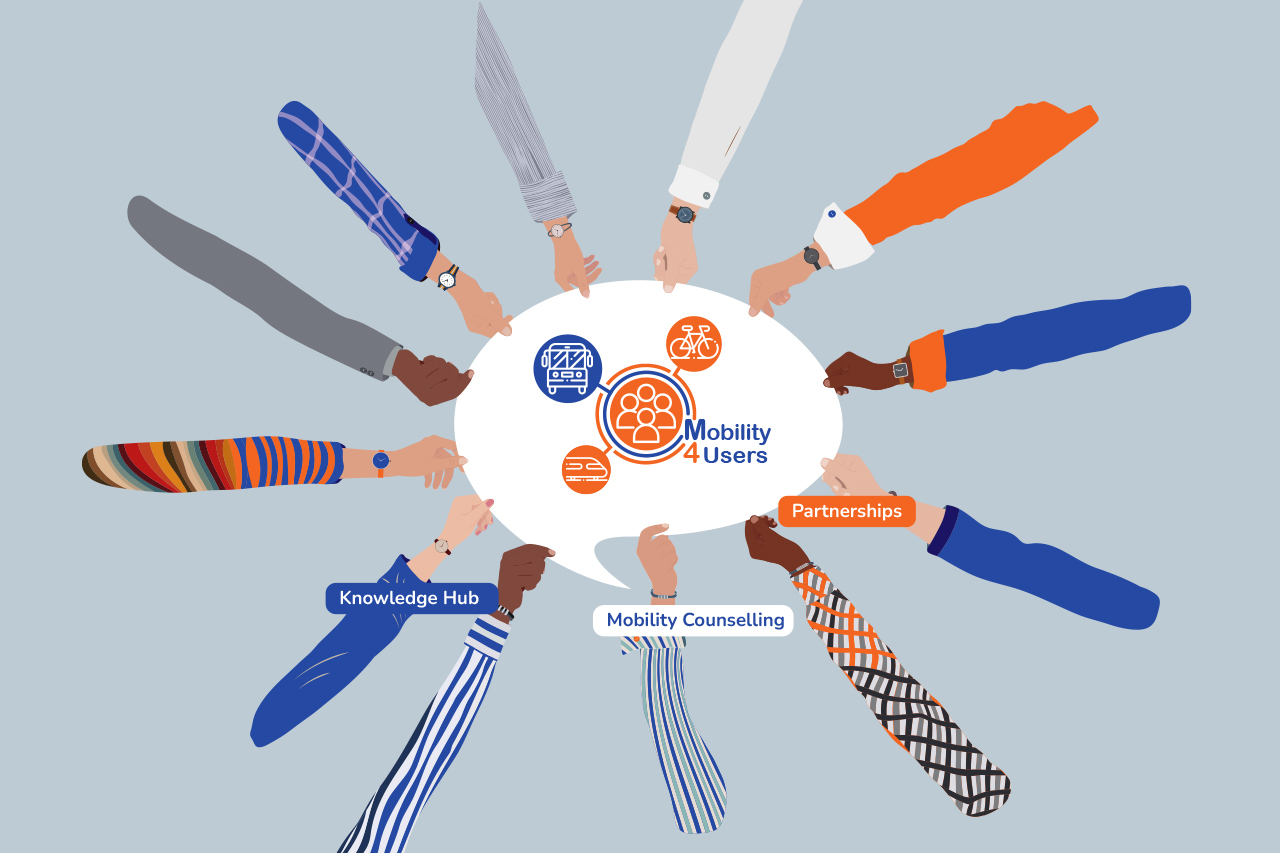
Corporate Mobility as a Service “CMaaS” offers companies a structured approach to managing employee mobility efficiently. To guide businesses in implementation, the MaaS Alliance has released a White Paper covering use cases, benefits, trends, and challenges. It also provides key recommendations, including fostering cross-sector partnerships, investing in training, and accelerating pilot programs.
Mobility impacts many aspects of daily life. Work is one of them. Innovative corporate mobility solutions bring benefits such as greater budget flexibility for employees while making companies more competitive and demonstrating their commitment to employee well-being. The scope of CMaaS has expanded significantly, evolving from company-provided shuttles to app-based platforms and innovative solutions like the Mobility Budget. Advancements in technology continue to drive more sustainable and customised commuting options.
Insights from the MaaS Alliance White Paper
Corporate mobility has been a focus for the MaaS Alliance for some time, as seen in previous reports like Accelerating MaaS Growth: Corporate Mobility and MaaS Scheme Agreement Template. In its latest White Paper, Corporate Mobility as a Service “CMaaS”, the MaaS Alliance provides concrete examples of CMaaS implementation in both the public and private sectors. These include a new regulation for sustainable transportation solutions for companies with over 100 employees in Italy, where operators like FreeNow, Uber or Telepass are offering tailor-made mobility solutions for corporate clients. Environmental concerns and a favourable tendency for integrated modes of transport in France are leaning towards a growing CMaaS market in the country. The White Paper also collects insights from three ongoing CMaaS use cases in Germany, including the Siemens Travel Planner, Deutsche Telekom’s ‘goodride’ platform and NAH.SH integrated model.
CMaaS solutions support sustainability goals by reducing reliance on private vehicles and promoting diverse transport options like cycling and carpooling. This shift not only benefits the environment but also helps cities tackle congestion and optimise public space usage. Additionally, evolving technologies such as AI and data analytics, alongside new policies, are transforming corporate mobility solutions to better meet the changing needs and priorities of commuters.
Overall, CMaaS provides significant advantages across the mobility ecosystem. It enhances flexibility for employees, offers fiscal and reputational benefits for companies, and improves connectivity—especially for businesses in suburban areas—while reducing reliance on private parking.
The MaaS Alliance White Paper explores various CMaaS models, from subscription-based plans to customizable packages, offering companies flexibility, cost efficiency, and improved employee satisfaction. Businesses can tailor their approach based on size, location, and specific mobility needs. However, challenges remain, including ensuring GDPR compliance for necessary data and integrating CMaaS platforms with existing corporate systems.
Recommendations for successful CMaaS implementation
The MaaS Alliance offers key recommendations for successful CMaaS adoption, including aligning it with corporate sustainability strategies and leveraging incentives to drive adoption. Collaboration with transport providers, mobility tech firms, and regulatory bodies is essential to create integrated solutions, while cross-industry partnerships help address challenges. Engaging employees through communication campaigns, training, and user-friendly tools is crucial for effective use. Regular monitoring of performance indicators and integrating mobility data into sustainability reports ensures compliance and highlights achievements. Additionally, MaaS Alliance supports that pilot programs should be tested and refined before scaling, and investing in scalable, interoperable platforms using advanced analytics will optimise operational efficiency.
For deeper insights into CMaaS, its advantages, and the MaaS Alliance’s recommendations for widespread adoption, explore the White Paper Corporate Mobility as a Service “CMaaS”.



